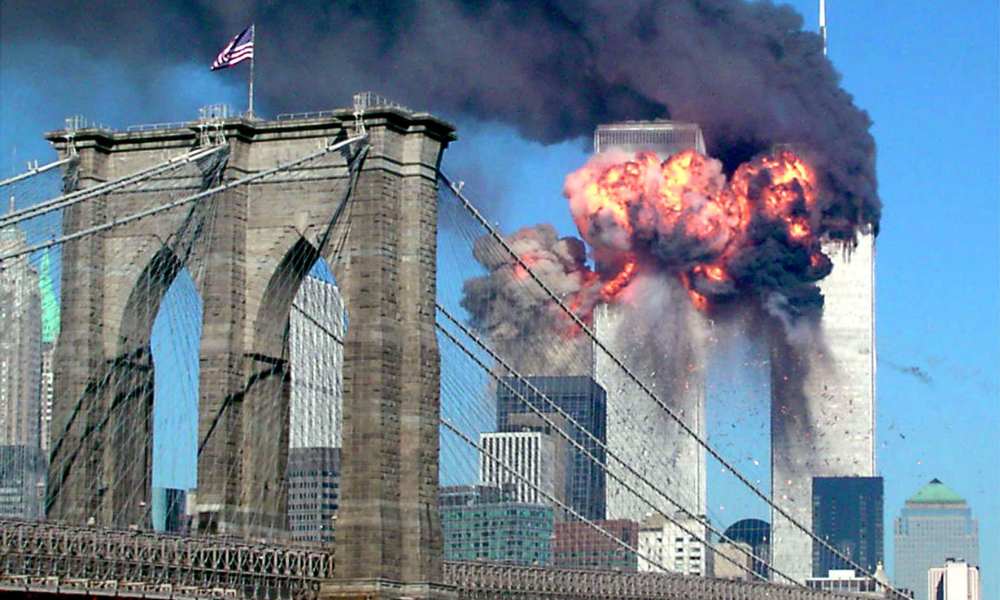
On the fateful morning of September 11, 2001, the world watched in horror as a series of coordinated terrorist attacks unfolded on U.S. soil.
| Are you a Tax Lawyer in USA? 👉Transform Your Brand: Click for Metamorphosis👈 |
The attacks, orchestrated by the extremist group Al-Qaeda, targeted the World Trade Center towers in New York City and the Pentagon in Washington, D.C.
These events would come to be known simply as "9/11" and would leave an indelible mark on the United States and the world.
The Twin Towers: The World Trade Center towers, iconic symbols of economic prowess and architectural achievement, were the primary targets. Two hijacked commercial airliners were flown into the towers, causing catastrophic damage and eventually leading to their collapse. The attacks on the Twin Towers claimed the lives of nearly 3,000 people, making it one of the deadliest acts of terrorism in history.
The Pentagon Attack: In addition to the attacks on the Twin Towers, another hijacked plane, American Airlines Flight 77, crashed into the Pentagon, the headquarters of the United States Department of Defense. The strike resulted in significant damage and loss of life, further escalating the national crisis.
Flight 93's Heroic Sacrifice: Amidst the chaos, a fourth plane, United Airlines Flight 93, was also hijacked. Passengers on board, learning of the other attacks via phone calls, bravely fought back against the hijackers. The plane ultimately crashed into a field in Pennsylvania, preventing another potential target, likely in Washington, D.C.
Immediate Impact: The 9/11 attacks sent shockwaves through the United States and the world. In the immediate aftermath, there was a profound sense of grief, fear, and anger. The nation was united in mourning, and a strong sense of solidarity emerged.
Response and Consequences: The U.S. government, under President George W. Bush, launched a war on terror, with a focus on eliminating Al-Qaeda and its leader, Osama bin Laden. The Patriot Act was enacted to strengthen national security, but it also raised concerns about civil liberties.
Homeland Security and Airport Security: The attacks prompted a significant overhaul of U.S. security measures, including the creation of the Department of Homeland Security. Airport security was enhanced with more rigorous screenings and the establishment of the Transportation Security Administration (TSA).
Global Implications: Internationally, the 9/11 attacks had far-reaching consequences. The United States engaged in military operations in Afghanistan and Iraq, leading to a prolonged period of conflict in the region. The attacks also reshaped global politics and intensified discussions on counterterrorism efforts.
Memorials and Remembrance: In the years following the attacks, several memorials were erected to honor the victims and remember the events of 9/11. The National September 11 Memorial and Museum in New York City stands on the site of the former Twin Towers, serving as a poignant reminder of the tragedy.
Never Forget: As the years have passed, the phrase "Never Forget" has become synonymous with 9/11. It serves as a solemn reminder of the lives lost, the heroism displayed, and the enduring impact of that tragic day.
In conclusion, the 9/11 attacks were a watershed moment in American history, leaving the nation in shock and reshaping its policies and security measures.
The scars of that day remain, but so does the resilience and unity of a nation determined to stand strong in the face of adversity.